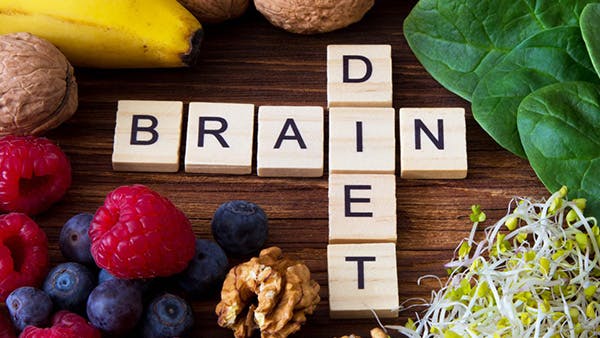Food and Mood Connection

We all know that food can comfort us and nourish our hearts as well as our bodies. Whether it's our Grandma's meatloaf and mashed potatoes or an indulgent sleeve of your favorite cookies after a bad day, food can lift our mood and make us feel better.
But can food do more than just lift our spirits? Is there a food and mood connection that goes deeper? Although there is no conclusive evidence, some studies suggest that our mental health can be affected by what we eat.
Scientific studies are still learning about mental health and neurology, so it might be a long time before we know for sure what kind of effect certain nutrients can have on, say, our risk for depression. But there is some research that suggests that there may be a connection between some foods and our moods.
Possible Food and Mood Connections
Some studies have suggested correlations between food and mood. For example a study in the Journal of General Hospital Psychiatry found that there were connections between depression, obesity and dietary factors.[1] Another study found that women who ate foods rich in vitamin D were at less risk of depression than those who did not.[3] Conversely, a different study showed a relationship between depression and a diet high in refined sugar and grains as well as red meat.[2]
These studies don’t prove that food directly affected the study participants' mental health—after all, there are a lot of variables to take into account—but they do show a food and mood connection that deserves to be explored further.
Connections Between Gut Health and Mental Health
You may be surprised to hear "gut health" in an article about food and mood. But did you know that 95% of your body's serotonin supply is created by gut bacteria?[11] Gut bacteria help make hundreds of important chemicals that the brain uses to process normally. These chemicals also play a part in regulating our learning, memory and mood. Gut bacteria both produce these neurochemicals and respond to them, so it makes sense that our brain can affect our gut and vice versa.[11]
Such discoveries have given rise to a field of study called nutritional psychiatry. The connection between our gut and our brains could be stronger than we ever imagined.[3]
What Should We Eat to Improve Our Mood?
Diet alone can't cure depression or anxiety. However, there are some ways of eating that might help you feel a mood boost—in fact, some studies have even identified specific nutrients believed to have positive effects.
The Mediterranean diet: This diet, consisting of fruits, vegetables, whole grains, olive oil, chicken, fish and seafood, may help to to lower the risk of depression.[4][5]
Try to avoid processed foods: The frozen dinners and other packaged foods that make dinner so quick and easy can be chock full of sodium and other ingredients that aren't great for us. Eating more fresh fruits and vegetables and saving that box of mac and cheese for rare occasions will help give your body the healthy nutrients it needs.[7]
Eat gut-healthy foods:
Fiber is important to gut health: eat more leafy greens, whole grains and legumes.
A healthy gut can help the brain. Research suggests that the state of the gut microbiome can affect mood and brain function.[11]
Consider adding probiotic and/or fermented foods to your diet like plain yogurt, kefir, or kimchi.[9]
Even if future science shows that these foods and nutrients don't directly affect mood, giving your body the nutrients it needs by eating more healthfully (alongside finding exercise you enjoy) has many benefits.[10] Pursue the food and mood connection and you might find that feeling physically better simply leads to feeling emotionally better.










